Market Analysis
In-depth Analysis of Automotive Adaptive Front Light Market Industry Landscape
The Automotive Adaptive Front Light (AFL) market is shaped by various market factors that collectively influence its growth and development. A significant driver for this market is the increasing emphasis on safety and advanced driver assistance systems (ADAS) in the automotive industry. As vehicle safety regulations become more stringent globally, automakers are incorporating technologies like Adaptive Front Lights to enhance visibility and improve overall safety. AFL systems dynamically adjust the direction and range of the vehicle's headlights based on factors such as speed, steering input, and environmental conditions, providing optimal illumination for drivers.
Technological advancements play a pivotal role in influencing the Automotive Adaptive Front Light market. Ongoing research and development efforts focus on enhancing the capabilities of AFL systems. Innovations such as improved sensor technologies, advanced control algorithms, and integration with other ADAS features contribute to the market's evolution. Manufacturers aim to develop AFL systems that not only meet safety standards but also provide drivers with enhanced visibility and improved driving experiences.
Market factors are closely tied to consumer preferences and the overall automotive industry trends. As consumers prioritize safety and comfort in their vehicles, the demand for advanced lighting systems, including Adaptive Front Lights, continues to rise. Automakers are increasingly incorporating these systems into their vehicle models, especially in the premium and high-end segments, to meet the expectations of safety-conscious consumers.
The regulatory landscape significantly impacts the Automotive Adaptive Front Light market. Safety standards set by regulatory bodies around the world drive the adoption of advanced lighting technologies in vehicles. Compliance with these standards is essential for automakers to ensure that their vehicles meet the necessary safety requirements. As regulations continue to evolve, the demand for AFL systems is expected to grow as a key component of overall vehicle safety.
Economic conditions and consumer purchasing power also influence the Automotive Adaptive Front Light market. During economic downturns, there may be a temporary slowdown in new vehicle purchases, impacting the adoption of advanced lighting technologies. Conversely, economic growth, increasing disposable income, and a thriving automotive sector contribute to the widespread integration of AFL systems in vehicles.
Competitive dynamics and the presence of key market players are crucial factors shaping the Automotive Adaptive Front Light market. The industry is characterized by intense competition among manufacturers, each striving to differentiate themselves through technological innovation, cost-effectiveness, and reliability. Strategic collaborations, partnerships, and mergers contribute to market consolidation and the development of advanced AFL solutions.
Environmental considerations and the global push towards energy efficiency also influence the market. As automakers strive to develop more eco-friendly vehicles, efficient lighting systems become crucial for reducing energy consumption. AFL systems, with their ability to optimize light distribution and reduce glare, align with the broader trend of adopting technologies that contribute to overall sustainability in the automotive sector.
The evolution of vehicle designs and the integration of smart and connected features are additional factors influencing the Automotive Adaptive Front Light market. As vehicles become more connected and capable of receiving real-time data, AFL systems can benefit from more accurate information about driving conditions. This integration enhances the adaptability of AFL systems, making them even more effective in providing optimal lighting solutions for various driving scenarios.
Supply chain dynamics and the availability of components impact the Automotive Adaptive Front Light market. Manufacturers need to secure a stable supply of sensors, control units, and other components for AFL systems. Any disruptions in the supply chain can affect production schedules and the availability of vehicles equipped with AFL technology.
In conclusion, the Automotive Adaptive Front Light market is influenced by a combination of regulatory, technological, economic, competitive, and environmental factors. As the automotive industry continues to prioritize safety and embrace advanced technologies, AFL systems are expected to play a crucial role in enhancing driving visibility and overall vehicle safety. The market is likely to witness further advancements as manufacturers focus on developing innovative AFL solutions to meet the evolving demands of both regulators and consumers.


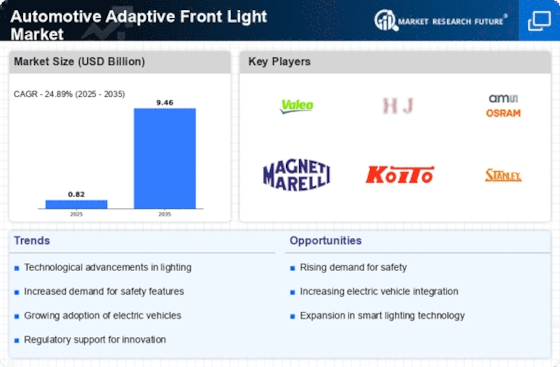

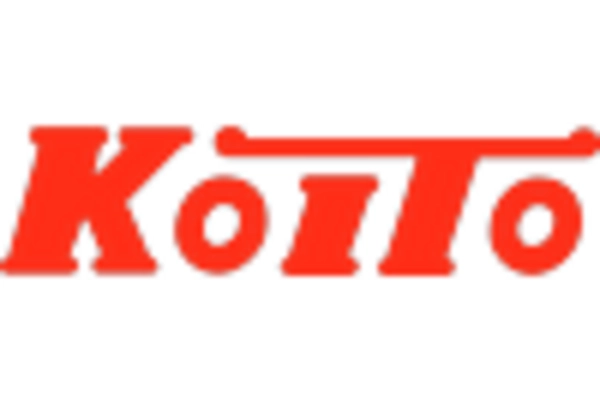
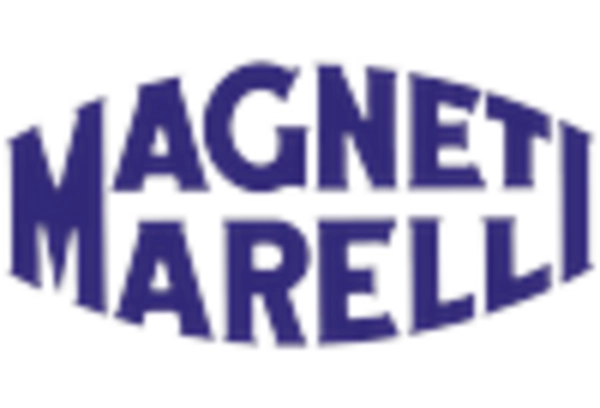
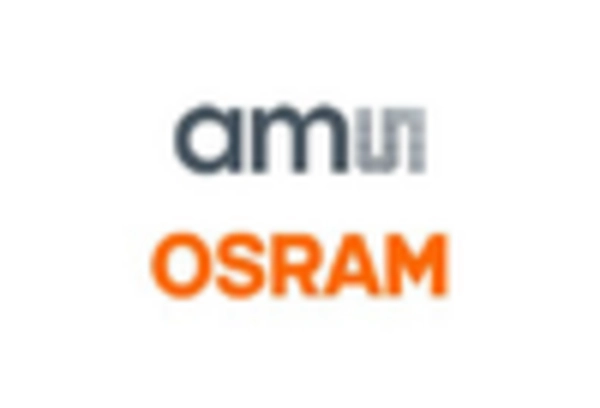
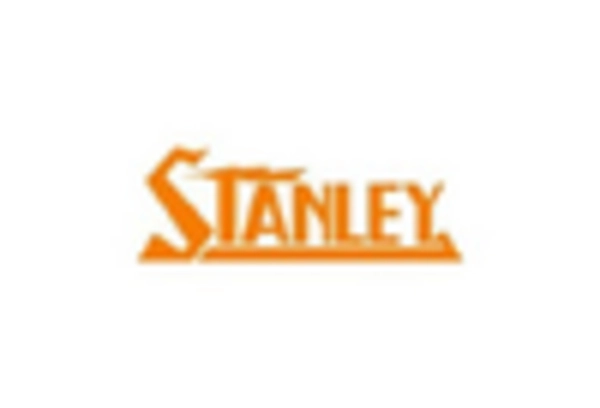
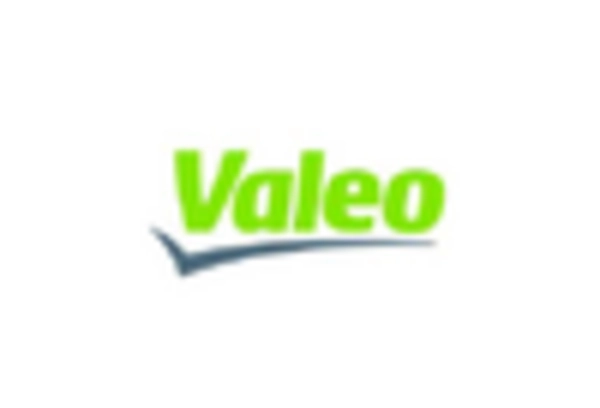









Leave a Comment